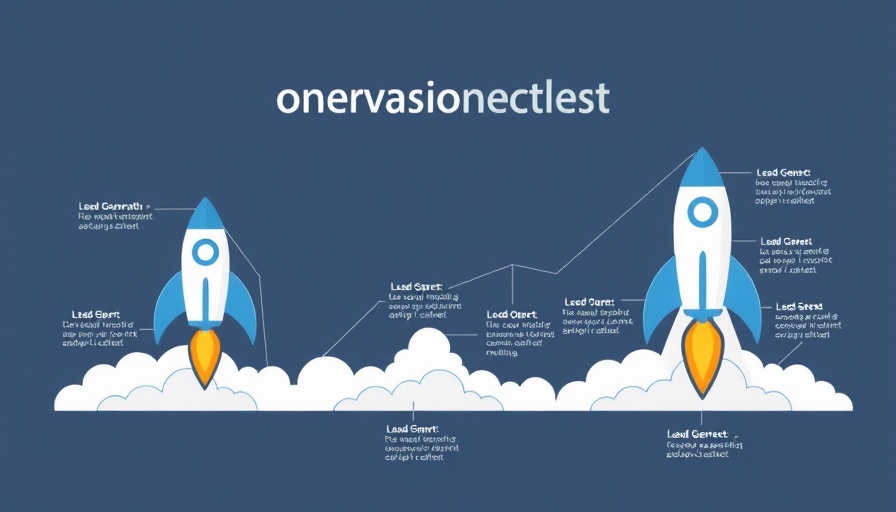
Understanding Managed IT Support
In a world increasingly reliant on technology, the complexity of IT systems can lead businesses to confront unforeseen challenges, including security threats and downtime. Managed IT support provides a strategic solution for companies aiming to minimize operational disruptions while boosting their security framework. By seamlessly integrating IT services with company operations, these support systems allow organizations to focus on their core competencies without compromising their technological integrity.
The Role of Managed IT in Reducing Downtime
Minimizing downtime is crucial for organizations to maintain productivity and profitability. According to recent studies, businesses can lose thousands of dollars for every hour of downtime, not to mention the potential damage to their reputation. Managed IT support encompasses proactive monitoring and rapid response strategies that help identify and resolve issues before they escalate. This means that IT professionals are constantly on the lookout for irregularities, ensuring that any disruptions are dealt with swiftly and efficiently.
Enhancing Security Through Managed IT Services
Security threats, from cyber-attacks to data breaches, pose significant risks to businesses of all sizes. Managed IT support provides specialized services designed to mitigate these risks. Incorporating robust security protocols, regular software updates, and compliance with regulations, managed support ensures that a business's data is protected from malicious threats. Furthermore, with the rising importance of GDPR compliance and other data protection regulations, businesses can avoid heavy fines and legal ramifications by engaging with managed IT services that keep their systems secure.
Future Trends in Managed IT Support
The landscape of IT support is evolving, influenced by advancements in AI and data analytics. As businesses adopt more sophisticated technologies, the need for enhanced support systems becomes paramount. Future trends suggest a shift toward anticipatory IT support, where AI tools analyze patterns and predict potential issues. This shift not only reduces reaction time but also aligns IT services more closely with business goals, ensuring that technology serves as a catalyst for growth.
Strategic Advantages of Partnering with Managed IT Providers
By enlisting the expertise of managed IT providers, businesses can access a wealth of knowledge and resources that would otherwise be financially prohibitive. These providers often offer 24/7 support, cutting-edge technology, and strategies tailored to individual business needs. This tailored approach not only enhances operational efficiency but also fortifies a company's security posture. Additionally, shared knowledge and best practices from industry leaders grant businesses the competitive edge needed to navigate an ever-changing market landscape.
Actionable Insights for Business Owners
For professionals and business owners, understanding how to leverage managed IT support is fundamental to long-term success. Here are a few actionable insights:
- Assess your current IT infrastructure to identify areas where managed support can improve performance.
- Consider the potential ROI of implementing managed IT services against the costs associated with downtime and data breaches.
- Engage with IT providers who understand the unique nuances of your industry and can provide tailored solutions.
- Stay abreast of trends in IT to ensure your systems remain competitive and secure, including regular reviews of your IT strategy.
The Importance of a Holistic Approach to IT Management
Finally, embracing a holistic approach to IT management can result in significant operational improvements. Businesses must integrate IT support into their overall strategy rather than treating it as a separate entity. This ensures that all components of the business are working toward common goals, leading to enhanced efficiency and reduced risks.
 Add Row
Add Row  Add
Add 




Write A Comment